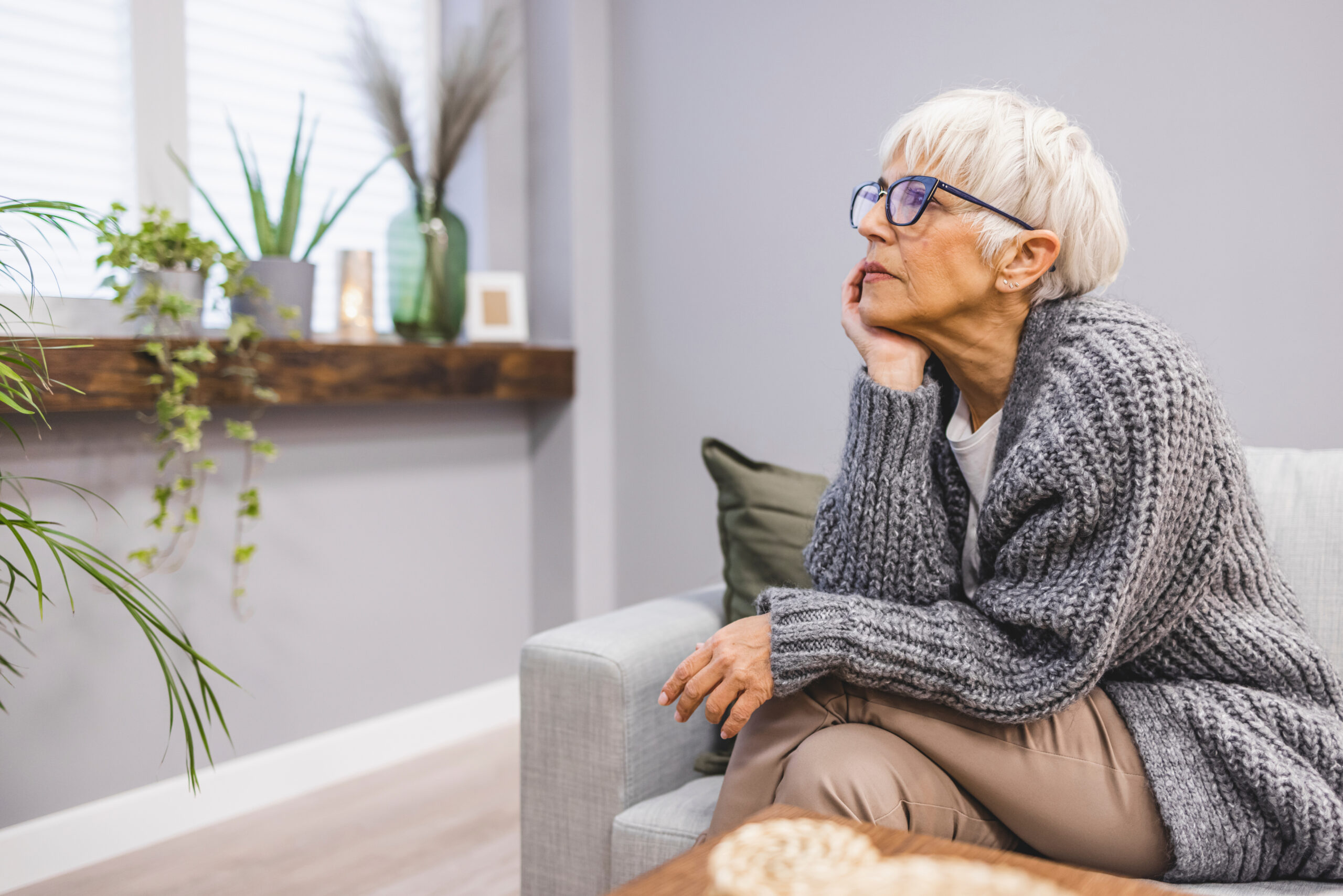Why connection beats medication in old age
As people grow older, staying connected with others often becomes more important than any medication they might take. While medicines can help manage physical ailments, the power of human connection plays a crucial role in keeping seniors healthy and happy.
One of the biggest challenges for older adults is loneliness. When social circles shrink due to retirement, loss of loved ones, or health issues, feelings of isolation can creep in. This loneliness isn’t just an emotional problem—it has real effects on physical health too. Chronic loneliness has been linked to higher risks of heart disease, stroke, weakened immune systems, and even premature death.
On the other hand, maintaining strong social ties offers many benefits that medicine alone cannot provide. Regular interaction with friends and family helps lower rates of depression and anxiety among seniors. It also slows down cognitive decline and reduces the risk of dementia by keeping the brain active through conversation and shared activities.
Communities designed for older adults often emphasize social engagement as much as medical care because they understand this connection’s importance. Group activities like fitness classes tailored for seniors—such as yoga or tai chi—along with games, music therapy sessions, art classes, or even simple shared meals stimulate both mind and body while fostering friendships.
When new residents move into assisted living facilities or senior communities where staff actively encourage them to find companions at meals or events, it helps prevent that awkward feeling of being alone in a crowd. These small gestures create a sense of belonging that boosts emotional well-being significantly.
Moreover, social connections promote happiness and life satisfaction by providing purpose and reducing stress levels naturally—things medications cannot replicate fully. The joy found in meaningful relationships supports mental clarity better than pills ever could.
In essence, while medication addresses symptoms directly related to illness or aging bodies physically breaking down over time; human connection nurtures overall wellness by feeding emotional needs essential for longevity and quality life during old age.
So when thinking about what truly keeps us well as we age—the answer lies not just in prescriptions but deeply rooted bonds between people who care enough to share moments together every day.





